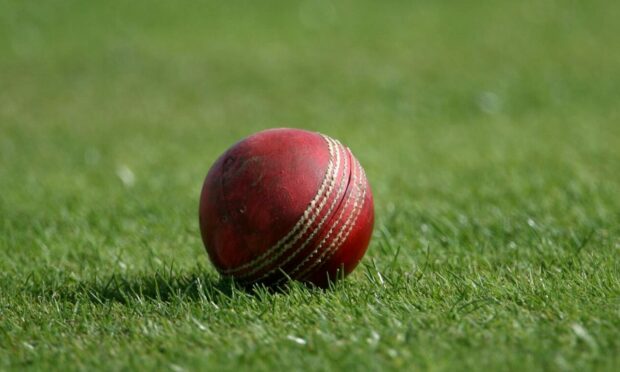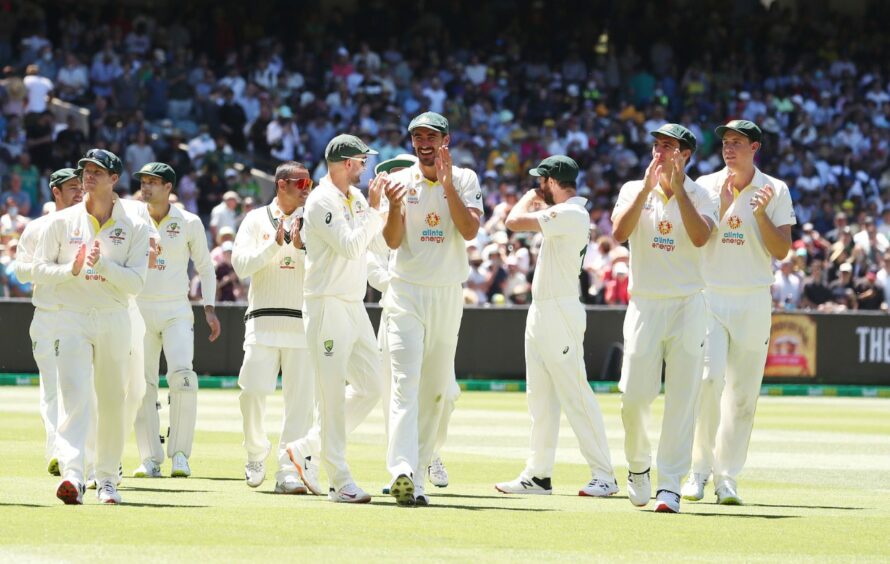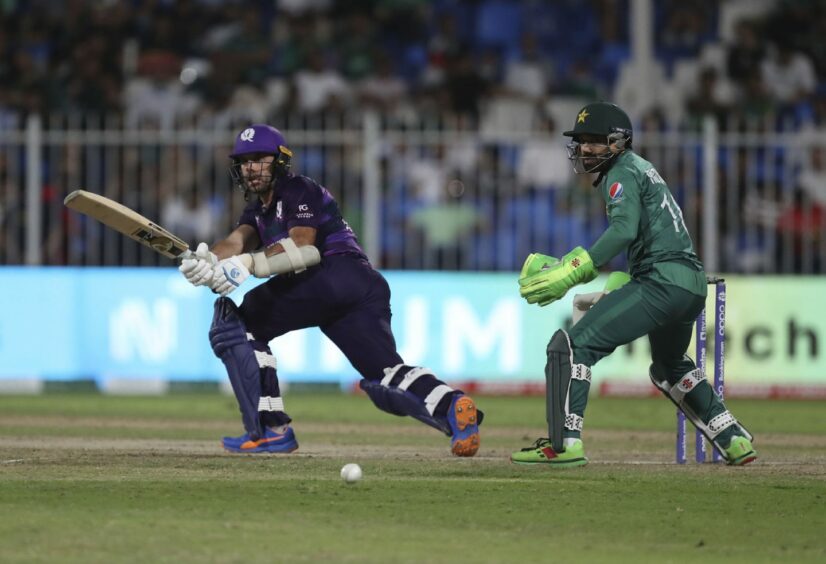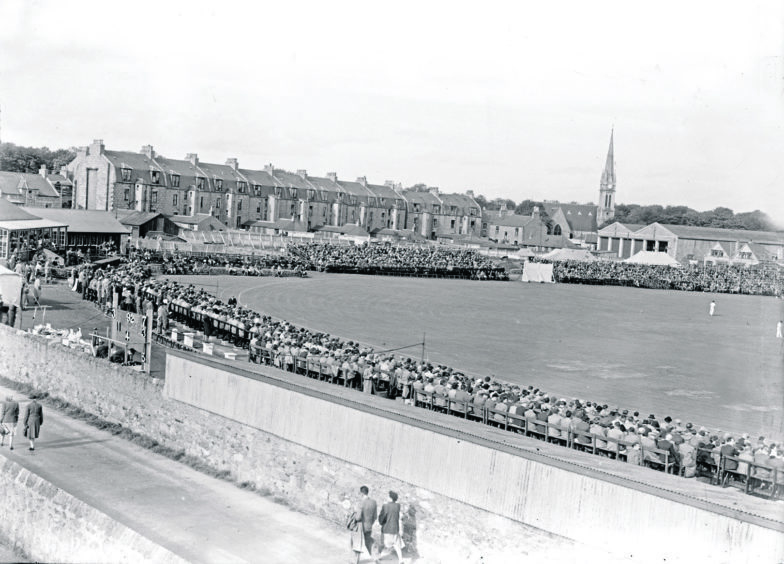I was introduced to the noble game of cricket by my sports mad father in the summer of 1948.
His timing could not have been more appropriate, as it was the year Australia embarked on a Test series of England and, of course, Scotland – but more on that later.
The Aussies swept all before them, earning them the title of the ‘Invincibles’, cruising to a 4-0 series win against the English to retain the Ashes to the delight of this star-struck writer.
Despite having an English father, the eight-year-old me was firmly won over by the derring do heroics of Don Bradman and his charges, of which the youngest, Neil Harvey, was my personal hero, and is in fact the sole survivor of that team of 73 years ago.
The rout of England’s best brought on a wail of mourning among the pundits of the day – nothing new there – which brings me to the point of this story: While I can shed a tear for the lamentable performance of Joe Root’s men Down Under in recent weeks, I am just as concerned for the state of the north-east game.
The decline of the two are not dissimilar – with both neglected and run down by successive generations who turned away from the sport.
In the case of England, the neglect was combined with the greed of greater things, brought about by the promotion of the abbreviated game, including one-day cricket, T20 and, more recently, The Hundred.
The demise of the local game was less dramatic, sliding out gently from being a leading sport in Aberdeen.
The city was once reckoned to be a hotspot, where there were more cricketers per head of population than anywhere in the UK, bar Yorkshire. Whether this was ever true is quite irrelevant at a time when cricket in the area is at an all time low, badly in need of a boost if it is to survive for another 137 years.
But, while the numbers playing the game have dramatically reduced since the late 1980s, affected by cutbacks in schools, there has been no concerted action to arrest the situation.
Indeed, when P&J sports writer Paul Third and myself wrote about the challenges facing the local game some 10 years ago, we were commended by those who run the game when we pointed up the issues, but no action was taken.
But suddenly out of the blue came possible salvation in the form of the Scotland team, including three players from the north-east, who dared to take on and beat the England team in an ODI at in Edinburgh in June 2018, sending shockwaves through the game.
Handed the most amazing marketing tool, the powers that be flunked the opportunity, letting the victory pass them by.
Fortunately, a second chance came their way in 2021 when Scotland qualified for the T20 World Cup in Dubai.
Given such an early second chance, Ian Stephen – a former board member at Cricket Scotland – and myself are currently involved in bringing the four Aberdeen players involved, captain Kyle Coetzer, Matthew Cross, Josh Davey and Michael Leask, up to the Granite City for a day seminar in the early spring, promoting the game in partnership with local clubs.
Hopefully Covid issues will not curtail this strategy to point up the way forward for a sport which was once held so dear in the affections of the Aberdeen public.
After all, in September 1948, more than 21,000 people crowded into Mannofield over two days to watch Scotland play my triumphant Aussies.
Not for a minute am I suggesting there is ever any likelihood of a repeat of such an event in Aberdeen, only a desire to give the game my father taught me to love the opportunity to get a toehold in the area again – before it’s too late.



